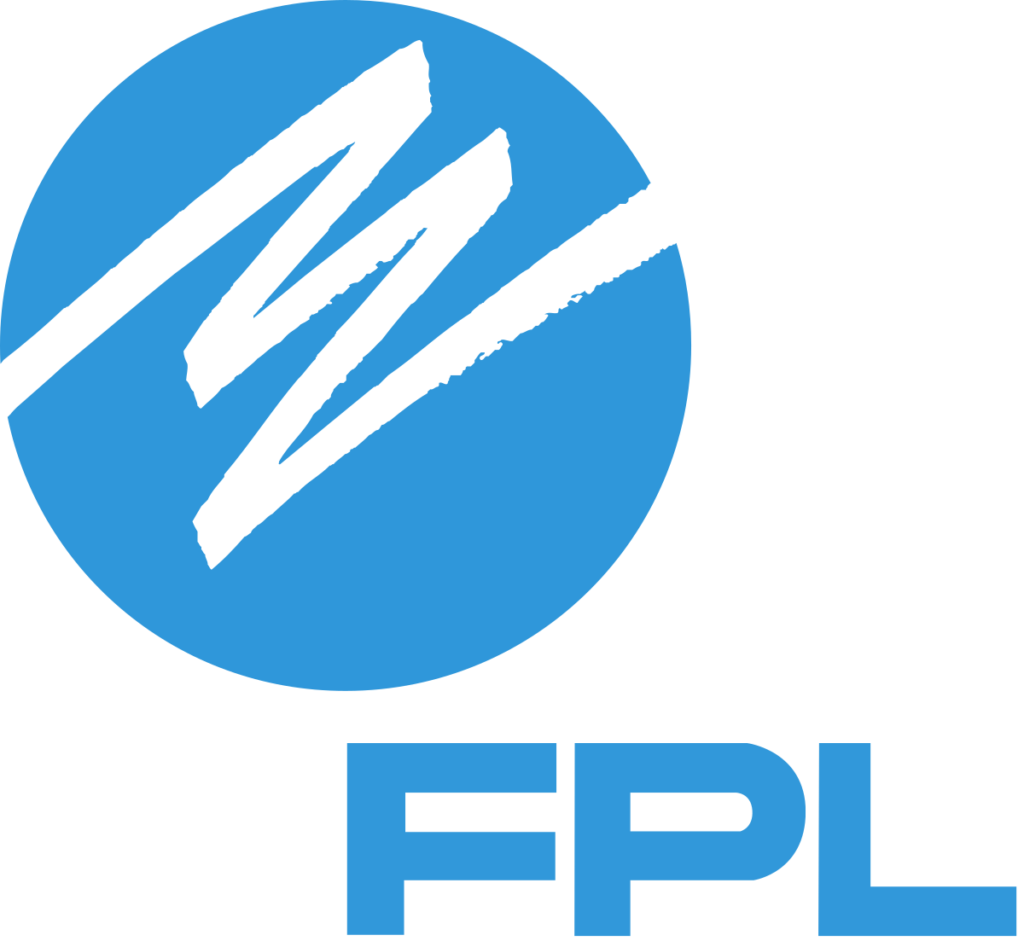 Part 1: The Future’s So Bright: The Benefits of Attending an HBCU and the Positive Impacts on Future Career Choices
Part 1: The Future’s So Bright: The Benefits of Attending an HBCU and the Positive Impacts on Future Career Choices
Guest presenters:
- William E. Hudson Jr., Ph.D., Vice President for Student Affairs, Florida A&M University
- Lawrence Howell, Sourcing Manager, Florida Power & Light Company
- Sierra Franco, Student and NextEra Energy Summer College Intern, North Carolina A&T State University
Opening Remarks: Whitney Cunningham Walker, Senior Community Relations Specialist, Florida Power & Light Company
With HBCU Week coming to a close, FCAN hosted a September 30 webinar that gave current and former students a chance to discuss the positive impact HBCUs have had on their lives.
Whitney Cunningham Walker, senior community relations specialist for Florida Power & Light (FPL), delivered the opening remarks and shared a video highlighting current HBCU students who participated in the NextEra Energy — FPL’s parent company — Internship Program over the summer.
“We are committed to supporting our communities to help make them even better places to live, work, and raise a family,” Walker said. “Part of how we do this is by supporting education institutions like HBCUs and programs that heighten access to greater opportunities.”
Get to Know: HBCUs in the U.S.
Historically black colleges and universities (HBCUs) were established to serve the educational needs of Black Americans. Prior to the time of their establishment, and for many years afterwards, Black students were generally denied admission to traditionally White institutions.
According to the United Negro College Fund, 3% of all U.S. colleges and universities today are HBCUs. Additionally, HBCUs enroll 10% of all Black students and produce almost 20% of all Black college graduates in the U.S. These institutions are also preparing Black students for the jobs of tomorrow, as HBCUs also produce 25% of all STEM graduates nationwide.
Dr. William E. Hudson Jr., vice president for student affairs at Florida A&M University, said HBCUs offer students a level playing field and a holistic approach to college success.
“HBCUs develop the entire person, no matter what the background,” Hudson said. “We provide a stable and nurturing environment for those who are most at risk of not completing (college). When you come to an HBCU, you don’t have to prove anything to us other than you’re willing to work as hard as anyone else.”
The Impact of Florida HBCUs
Florida A&M is one of four HBCUs in Florida, along with Bethune Cookman University, Edward Waters College, and Florida Memorial University.
The United Negro College Fund’s study also found that Florida’s four institutions collectively produce $833 million in total economic impact, along with $8.6 billion in lifetime earnings.
Lawrence Howell, a sourcing manager for FPL, is a Florida A&M graduate and has been surrounded by the HBCU experience his entire life: both of his parents are graduates of Tuskegee University — an HBCU in Alabama — and Howell met his wife at Florida A&M. Not surprisingly, Howell spoke with great fondness about his experiences on an HBCU campus.
“That powerful community you see of like-minded and educated folks, all trying to do something positive,” Howell said. “It’s a great feeling.” His time at FAMU prepared him for career success as well. He fielded five job offers upon graduation.
The Benefits of Attending an HBCU for Students
Although attending an HBCU offered Howell great opportunities to connect with other Black students, Hudson is quick to note that institutions like Florida A&M still put a premium on diversity.
“While the majority of students are Black, we’re more diverse than most people think,” Hudson said. “When you look at certain majors — including our STEM majors — you have a very diverse group of students and staff. We also have a significant number of students from different backgrounds.”
Sierra Franco, a sophomore at North Carolina A&T State University, said that she had never encountered a fellow student who’d attended private school prior to meeting her three suitemates, each of whom had gone to a private or boarding school.
Franco said she has also been pleasantly surprised by the collaborative atmosphere of her HBCU.
“I’d heard these horror stories about students competing with each other or not studying together, but it’s been the exact opposite here,” Franco said. “Everyone is very supportive, and I don’t feel like I’m competing at all.”
Like Howell, Franco already recognizes that the positive impacts of attending an HBCU go well beyond a diploma and a good job.
“Your degree isn’t everything, you need to feel you are growing as a person as well,” Franco said. “It’s so important to go to an institution, even if it’s not an HBCU, where you feel like you’ll be built up and you’ll be supported. If I were to go to another school, I don’t think I would be as confident or the same type of person that I am today.”
This webinar was made possible by the generous support of:
Show Notes
To learn more about the benefits of attending an HBCU — or to view the webinar and download the presentation — take advantage of these resources:
Recording
Slides
HBCUs Make America Strong fact sheet
Be sure to visit our Past Webinars page for access to recordings and downloadable material from FCAN’s previous presentations.

